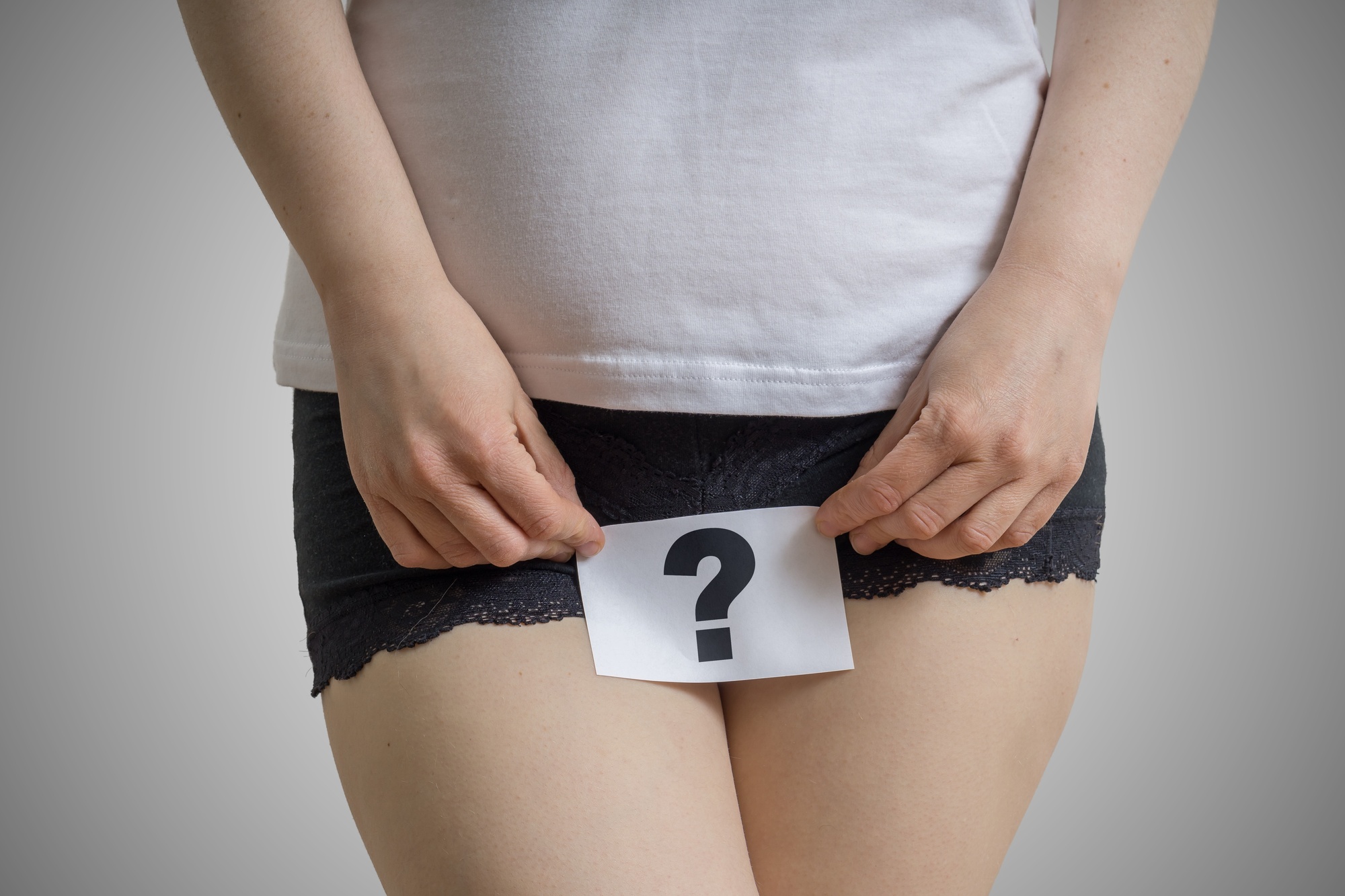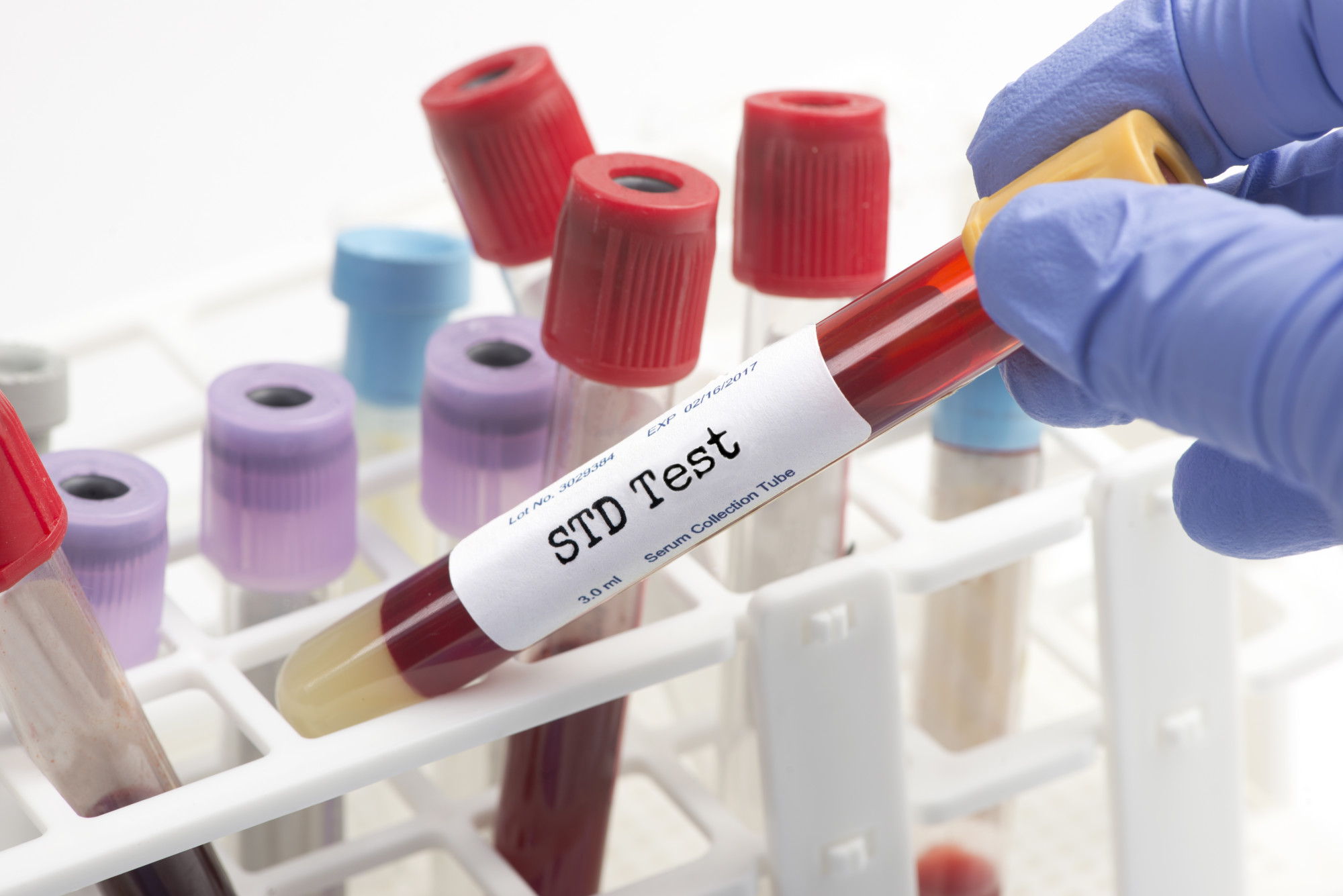
6 Methods of Vaginal Dryness Treatment
You Deserve The Very Best Vaginal Dryness Treatment
Vaginal dryness treatment is important for women suffering from chaffed or dry vaginal walls. Here are six tips to help you on your path to a healthy vagina.
Common Vaginal Dryness Treatments
Vaginal dryness is a common symptom of vaginal atrophy, which occurs during the menopause. However, it can affect women of all ages.
It can be caused by hormone imbalances, tampons, breastfeeding, birth control, medication, and even stress.
If you’re suffering from this problem, don’t worry. There are several solutions on there.
In this article, we’ll explain each vaginal dryness treatment, so you can choose the best one to suit you.
1. Lubricants
Lubricants are only a short-term vaginal dryness treatment to be used before intercourse. However, they’re a suitable solution for those who are uncomfortable with using hormone treatments, or unable to do so.
Over-the-counter lubricants such as KY Jelly and Astroglide are suitable, but vitamin E oil can also be used to moisturize the genital area.
Steer clear of lubricants that are advertised as providing a heightened sexual response. Many of these products provide a “warming” effect and contain extra ingredients which may cause irritation.
2. Estrogen Creams
Estrogen creams help to rebuild the vaginal tissue, therefore relieving vaginal dryness and reducing pain during intercourse.
Unlike lubricants, they deliver estrogen to tackle the cause of vaginal dryness, rather than simply proving an instant fix. They should never be used as a substitute for lubricants, as the estrogen may be absorbed through a partner’s skin during intercourse.
These creams are sold under the brands Estrace, Premarin and Neo-Estrone. They come with an applicator, which can be used to apply the cream to the inside of the vagina, as well as the labia and vaginal opening.
Application is generally required daily for one to two weeks, after which it is reduced to weekly dosages.
3. Hormone Replacement Therapy
Hormone Replacement Therapy (HRT) is given to women who are going through the menopause. It replaces the hormones that start to decrease in the body during this period of life.
It is a type of vaginal dryness treatment, but it is generally used to address a range of other problems, too.
HRT can be given in the form of pills, skin patches, gels, or even implants under the skin.
This treatment should only be used when vaginal dryness is experienced in conjunction with other menopausal symptoms, such as hot flushes, chills, night sweats and irregular periods. This is because it has a much wider effect on the body than a simple estrogen treatment would.
Women with the following conditions should also avoid Hormone Replacement Therapy:
- Stroke
- Heart Attack
- Cancer
- Blood Clots
- Pregnancy
4. Vaginal Rings
The vaginal estrogen ring, named Estring, is a soft, flexible ring that’s inserted into the vagina and worn for three months at a time.
As well as treating vaginal dryness, it also relieves burning, itching, and pain during urination or sex.
It sits comfortably in the vagina, and much like a menstrual cup or and IUD, can’t be felt once it’s been put in place. It doesn’t need to be removed before sex. However, if it causes discomfort, it can be removed and placed in lukewarm water before being reinserted.
For some women, a single three-month treatment is enough. For others, extra treatments may be required.
The following side effects may occur with Estring use:
- – Headaches
- – Vaginal discomfort
- – Abdominal pain
- – Genital itching
- – Increased vaginal discharge
This treatment is not suitable for everyone. Women who have the following symptoms or health problems should not use a Estring:
- – Unusual vaginal bleeding
- – Breast cancer
- – Uterine cancer
- – Blood clots
- – Liver problems
- – Stroke
- – Heart attack
- – Pancreatitis
Those who take thyroid medication should consult a doctor before using a vaginal ring, as the estrogen it releases may alter the amount of medication required.
5. Vaginal Tablets
Many women consider vaginal estrogen tablets to be easier and cleaner to use than creams or lubricants. The most common brand of such tablets is Vagifem.
Vagifem contains estradiol, which is the same form of estrogen that the body produces. It treats vaginal dryness by replenishing the estrogen that is lost during menopause.
Each tablet comes with a smooth, plastic applicator, which allows it to be easily and hygienically inserted into the vagina. These applicators are very similar to the ones that are used with tampons, and can simply be disposed of after use.
These tablets are prescribed for use daily for two weeks. After that, they can be used bi-weekly. Women generally notice improvements within 8 to 12 weeks of treatment.
As with any treatment, precaution should be taken. The following side effects can occur:
- – Breast tenderness
- – Nausea
- – Vomiting
- – Diarrhea
- – Bloating
- – Headaches
- – Weight changes
6. FemiLift
FemiLift is a revolutionary vaginal dryness treatment. In fact, it’s a complete vaginal rejuvenation procedure. The procedure is performed in an office setting by trained healthcare providers.
It uses CO2 laser technology to gently heat and stimulate collagen in the vaginal tissue, restoring its strength and elasticity. As a result, blood flow and lubrication are increased, and vaginal dryness is eliminated.
Having laser therapy used on your vagina may seem like a scary thought, but it needn’t be. The treatment is minimally invasive, quick, painless, and completely safe. The precision and wavelength of the laser is controlled to make sure it’s as gentle as possible.
Noticeable improvement can be seen after a single session. However, some women may require up to three sessions, which are usually given around four to six weeks apart. As collagen breaks down over time, an annual session may be required thereafter.
Many women find Femilift to be a much easier and more convenient procedure, as it doesn’t require the repeated use of tablets or creams, and produces results more quickly.
Get Vaginal Dryness Treatment
Dr. Lotze is certified in Female Pelvic Medicine and Reconstructive surgery. He and his team are experts in the evaluation and treatment of vaginal dryness, as well as other dysfunctions of the vagina, pelvic floor and bladder.
On your first visit to the clinic, you’ll be given an initial consultation and evaluation. This may include a pelvic floor examination, a pelvic exam, or testing.
Read our FAQ to find out more about what you can expect when you visit Dr. Lotze.



